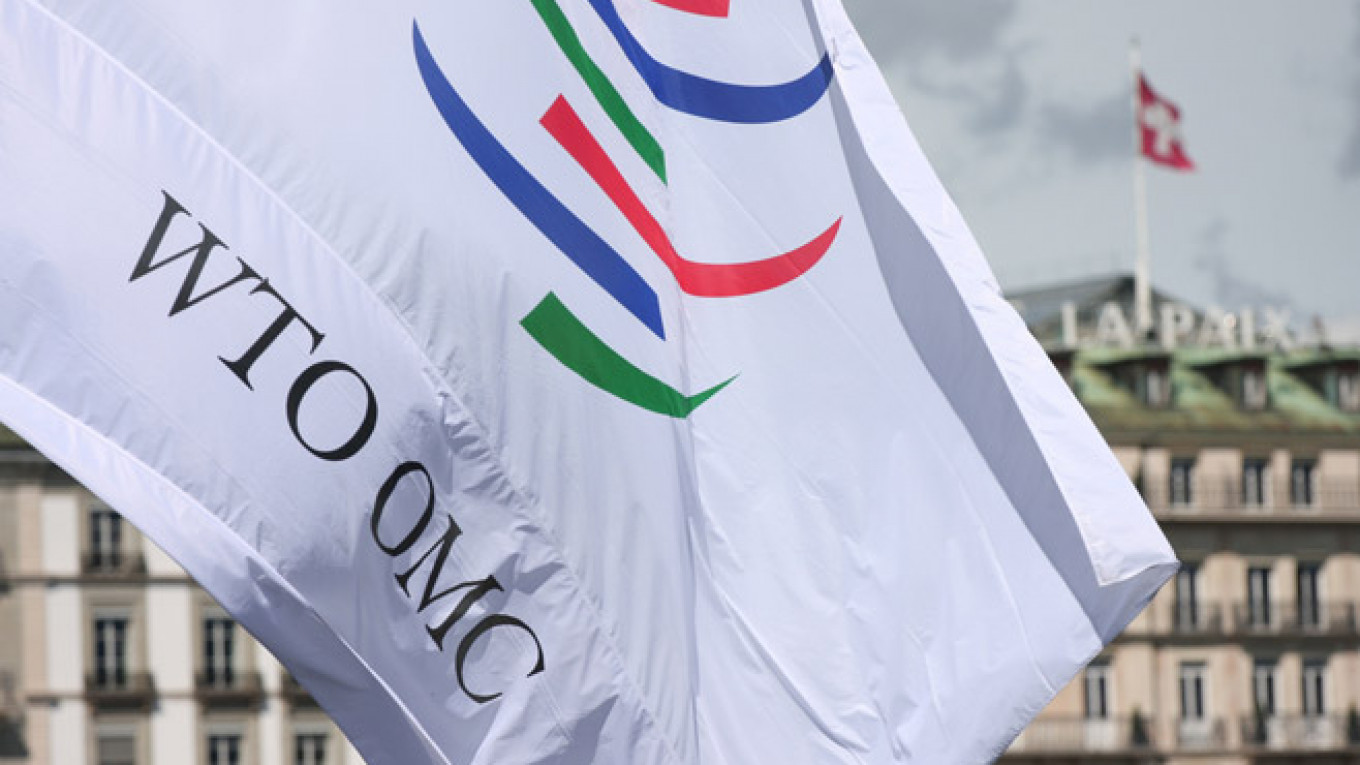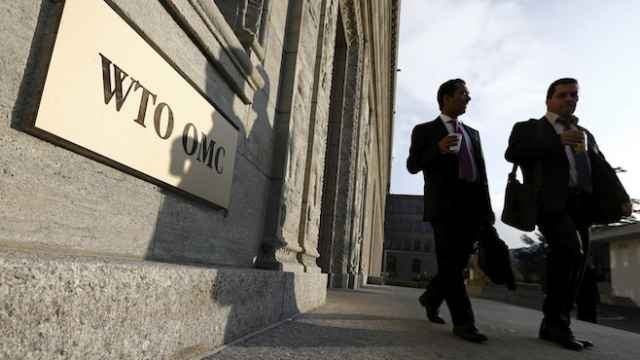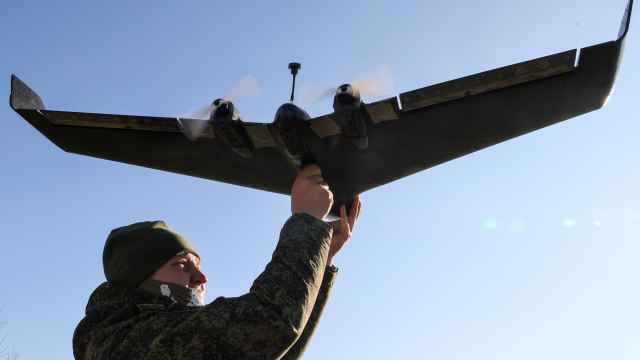BRUSSELS — The European Union said on Thursday it was escalating a dispute with Russia at the World Trade Organization over what it said were excessive import duties on paper products, refrigerators and palm oil.
The challenge is the latest in a series of WTO disputes with Russia, the EU's third biggest trading partner since Moscow joined the body in 2012, although they have been overshadowed by tit-for-tat sanctions triggered by the crisis in Ukraine.
"The EU requested today the establishment of a dispute settlement panel at the World Trade Organization in Geneva concerning Russia's excessive import duties, in particular on paper products, refrigerators and palm oil," the European Commission said in a statement.
The European Union said it had sought a solution with Moscow in consultations at the WTO in November, but that it had failed to convince Moscow to reduce its 15 percent tariff on paper products.
In the case of refrigerators and palm oil, the European Union said Russia sets a minimum sum for its tariff, which is sometimes higher than the agreed duty expressed as a percentage of the product's value.
The dispute settlement panel continues a lengthy process that could eventually result in Moscow being fined and told to drop the tariffs, as well as allowing the European Union to adopt countermeasures.
Trade ties between Brussels and Moscow are already at a low ebb. The EU accuses Moscow of a string of restrictive trade practices including policies to protect the Russian car industry.
Meanwhile, Russia banned imports of food from Europe in August, part of its response to EU sanctions imposed over Russia's seizure of Crimea from Ukraine and its backing for pro-Russian rebels. The one-year ban is expected to cost the European Union 5 billion euros ($5.7 billion).
A Message from The Moscow Times:
Dear readers,
We are facing unprecedented challenges. Russia's Prosecutor General's Office has designated The Moscow Times as an "undesirable" organization, criminalizing our work and putting our staff at risk of prosecution. This follows our earlier unjust labeling as a "foreign agent."
These actions are direct attempts to silence independent journalism in Russia. The authorities claim our work "discredits the decisions of the Russian leadership." We see things differently: we strive to provide accurate, unbiased reporting on Russia.
We, the journalists of The Moscow Times, refuse to be silenced. But to continue our work, we need your help.
Your support, no matter how small, makes a world of difference. If you can, please support us monthly starting from just $2. It's quick to set up, and every contribution makes a significant impact.
By supporting The Moscow Times, you're defending open, independent journalism in the face of repression. Thank you for standing with us.
Remind me later.






